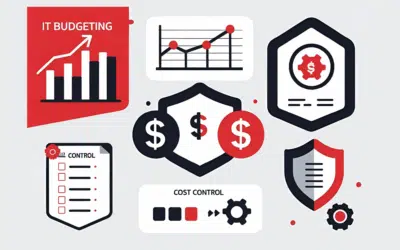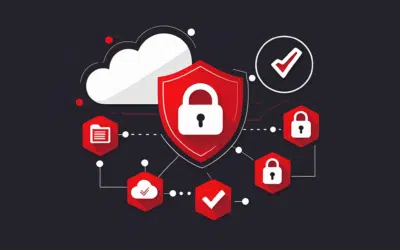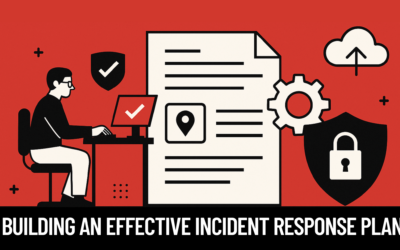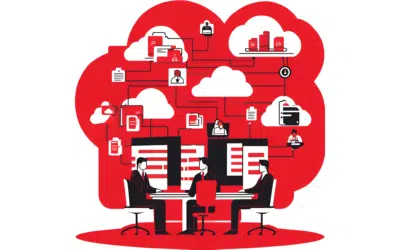Too often, professionals tell businesses what they need. When was the last time someone asked you what your business needs? You are, after all, the person who knows the business best. Forget about what everyone tells you about the cloud, and ask yourself what it is you want from your cloud.
What to Consider When Switching to the Cloud
When you are ready to modernize your business with the cloud, there are a few things you must consider first. An IT consultant can help you understand your needs, map out your operations, and navigate the cloud landscape.
When your company is making the switch to the cloud, ask these few questions first.
- Do you have the necessary licensing to make the switch to the cloud? Check whether your existing software permits an easy switch.
- Are your company’s devices and existing infrastructure ready to make the switch?
- How often do you need regular backups, and how should they be stored? Industry regulations determine demands for privacy, data, and user protocols.
- What’s the plan for business continuity if your company experiences a sudden loss – either manmade, technological, or natural?
- How does the company offering the cloud service support it? Understand the ins and outs of support, when/how support kicks in, and the expected downtime should it happen.
- Where is your data stored? Are the servers in country or abroad? What regulations apply to storing your data there?
- Is the cloud services provider an authorized retailer? Some sell by saying they support the cloud computing management system, but they are not offering authorized support.
Making a List of Your Cloud Needs
Now you know what to look for when shopping for a cloud product and a cloud service provider. So it’s time to ask yourself what it is your company needs from a cloud. Sure, the cloud is the cloud, but any cloud computing plan and management system you choose must be tailored around your business and its operations including short-term and long-term needs.
There are three features of the cloud that you will find useful in the cloud: security, flexibility and cost-effective operations.
Security
The cloud improves safety and security not just for possible hackers and virtual intrusions, but for protection against disasters as well. The cloud uses virtual servers to store important data, to eliminate the need for more disk space, and to relocate resources for 24/7 monitoring.
Flexibility
You aren’t planning for your business to remain the same forever. You plan to grow, to adapt and to thrive in an ever-changing industry. Outdated technology, servers and software can slow you down and become costly to rebuild. The cloud is a scalable solution that doesn’t demand costly maintenance or frequent software overhauls or even expensive rebuilds. The cloud can adjust to accommodate your growing business and daily operations, whether you are growing, moving or downsizing.
Cost-effective Operations
One of the most desirable features of the cloud is its affordability. The cloud has the potential to save your company money on software, IT costs, HR expenses, device management, costly data breaches or losses, and server maintenance.
Moving to the cloud allows your business to get back to work without worrying about IT needs and cumbersome infrastructure maintenance. You told us you wanted to save money, remain up to date, and deliver better security. Cloud management with Axxys can help you achieve that and more.








